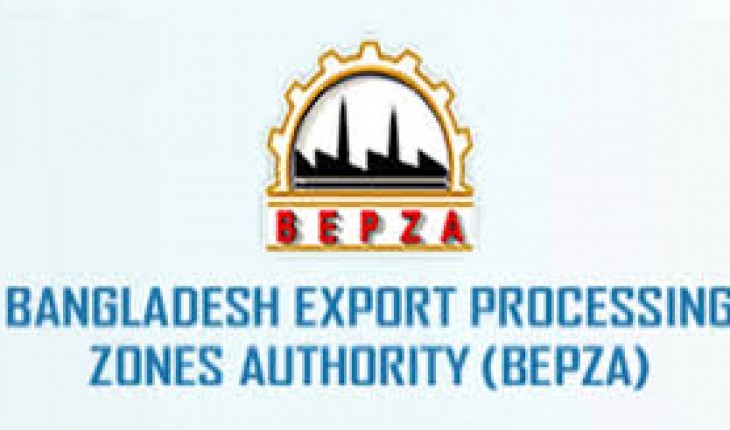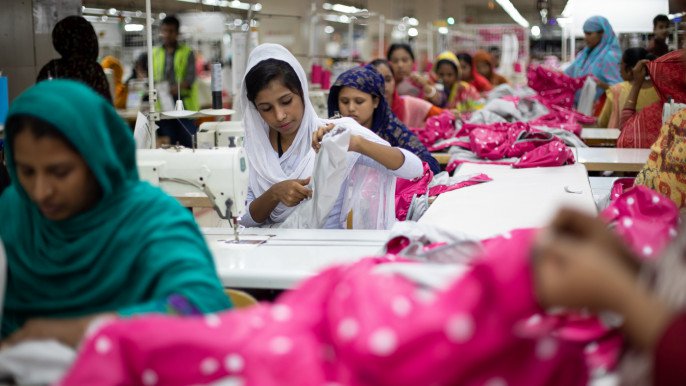Published in the daily Observer on 18, May 2017
The United States has urged the government to adopt the ILO’s recommendation to remove the portions of the draft EPZ labour law referring to freedom of association and adopt instead the existing Bangladesh Labour Act.
“We firmly believe that this proposal from the ILO is a reasonable and practical suggestion, and represents an improvement on the current draft,” said US Ambassador in Dhaka Marcia Bernicat on Thursday.
On the Export Processing Zone (EPZ) labour law, she applauded the government and parliament for withdrawing the existing draft law and for taking into consideration the concerns expressed by the Sustainability Compact partners.
The Ambassador was addressing the Sustainability Compact review meeting held in Radisson Blu Water Garden Hotel in the city.
Bernicat welcomed the Bangladesh government’s commitment to bringing the labour law in line with international standards. “We look forward to continuing our discussions with you.”
She said other labour rights concerns continue to include the harassment of labour leaders, which reached a tipping point following the Ashulia unrest, as well restrictions on freedom of association, including union registration.
“We welcome the government’s just approved standard operating procedures being issued to facilitate the registration process, and welcome statistics that show higher union registration approval rates in Dhaka district.”
The recent events in Ashulia also highlighted the need for a forum to address industrial relations broadly and to improve social dialogue between workers, factory owners, and the government, Bernicat said.
“The Tripartite Consultative Committee (TCC), once it is fully operational, is a promising step in this regard,” she said.
She congratulated the stakeholders on establishing the TCC and urged all to use this new mechanism to build trust.
“We remain committed to working with our Bangladeshi partners to help ensure the safety and rights of Bangladeshi workers especially but not exclusively those who produce garments and other products destined for our country,” said the diplomat.
Bernicat said all RMG industry stakeholders must reinvigorate their efforts to establish a consistent and sustainable inspection and enforcement regime as a permanent part of the RMG sector’s future, now and beyond 2018.
“In order to preserve the progress and confidence achieved so far, we want to ensure the government of Bangladesh is able to establish a sustainable system capable of assuming full responsibility for the RMG sector that provides necessary assurances to all stakeholders.”
She requested that the government, the remediation coordination cell, and industry partners maintain an open and constructive dialogue with international partners, including the Accord and the Alliance, to explore how international support, including lessons learned and financial resources, can best continue in a mutually beneficial way for all stakeholders beyond 2018.
“In terms of labour rights, we note a persistent need for progress on several key issues, and we see the potential for quick actions that can make up for lost time,” she observed.
 CPD RMG Study Stitching a better future for Bangladesh
CPD RMG Study Stitching a better future for Bangladesh




